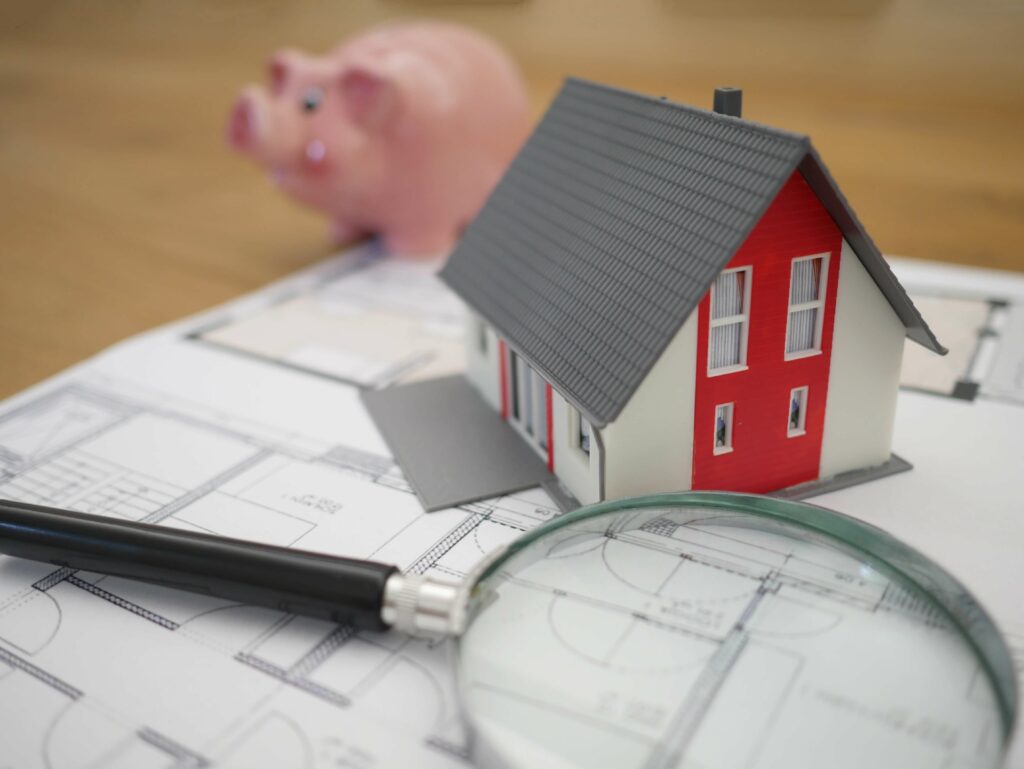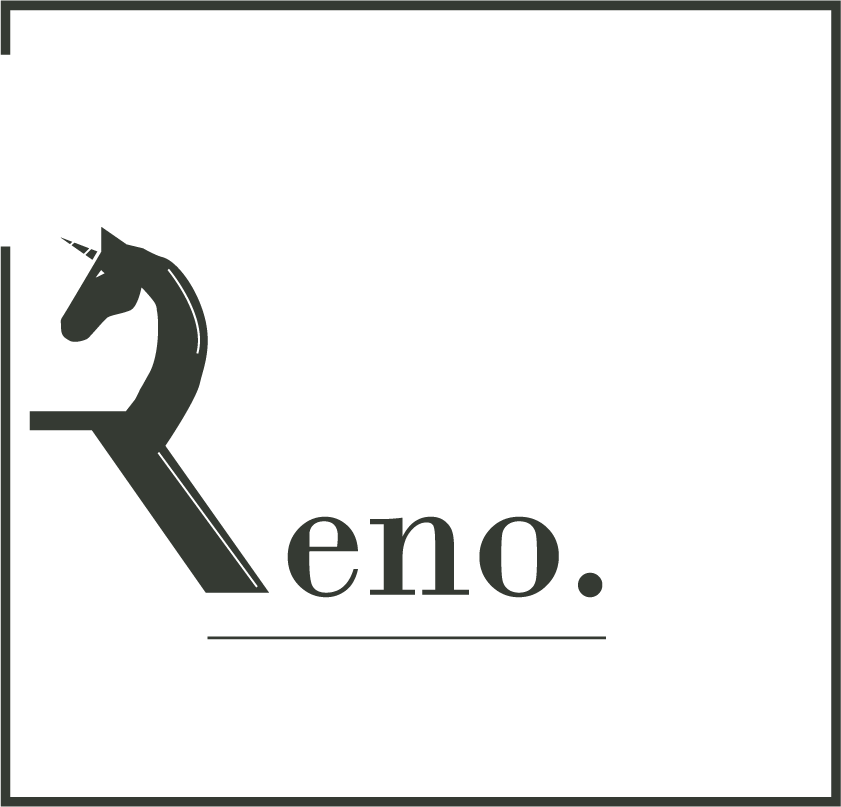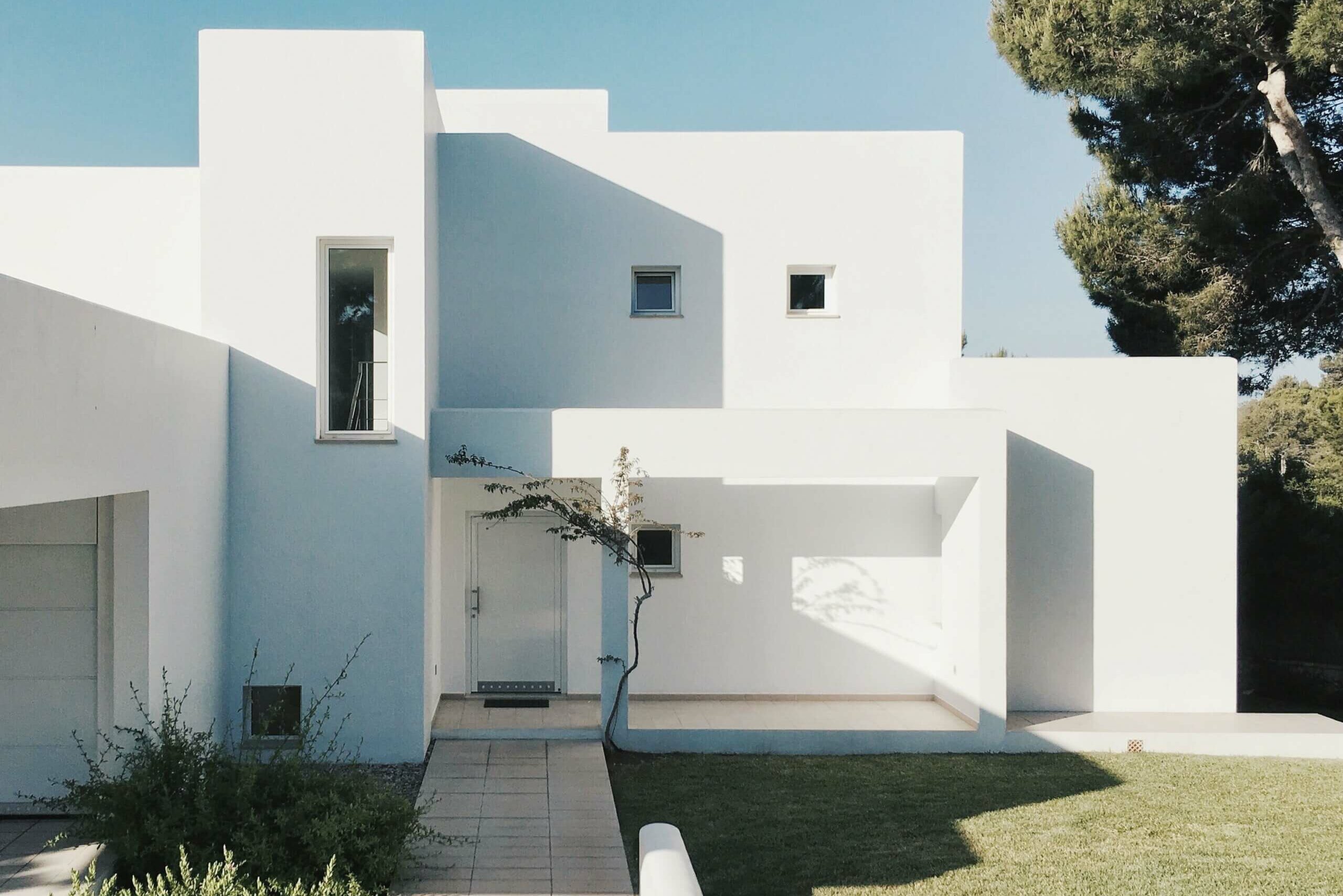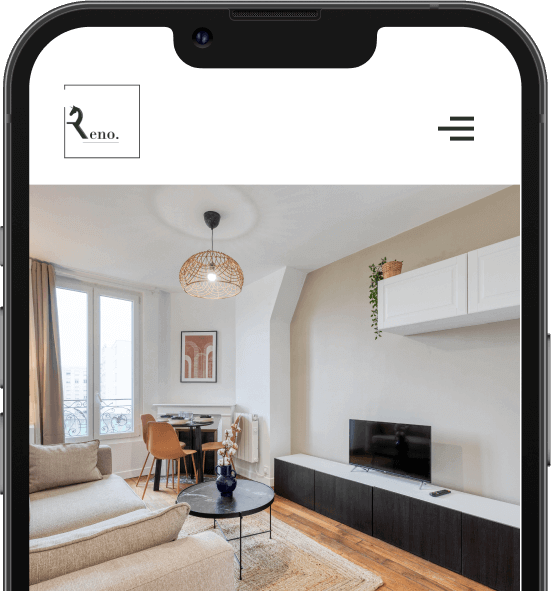Do your electricity bills skyrocket every year? Do you still feel cold despite heating in winter? Does summer heat suffocate you? If you answered yes to these questions, then your home is likely a thermal sieve. This term refers to a house or apartment with poor insulation, leading to significant energy losses. In France, approximately 12 million households face energy poverty. Among them, the most modest households spend 15% of their income on energy consumption compared to only 6% for the wealthiest. So, how can you recognize a thermal sieve?
4 Signs to Identify a Thermal Sieve
Knowing the thermal state of your home will allow you to plan for potential energy renovation works. Here are recurring indicators specific to thermal sieves.
High Energy Bills
If your monthly electricity bill exceeds 8% of your income, it's time to consider energy renovation works in your home. Indeed, old heating equipment and poor insulation lead to exorbitant bills. Significant heat losses mainly occur at the roof and walls.
Dampness
A thermal sieve often correlates with humidity. This often stems from poor insulation or ventilation issues. Here are signs that your home is too humid :
- Mold on walls or stains
- Condensation on windows
- Peeling wallpaper
- Paint on walls peeling off
If you notice several of these signs, your home is likely a thermal sieve. Therefore, renovation works should be planned to address this moisture issue.
Discomfort in Your Home
In your home, the air is dry, the heat fluctuates from one room to another, and drafts are felt. In other words, despite heating your house, you can't achieve the desired thermal comfort. In essence, you constantly feel cold. This is a very unpleasant consequence of thermal sieves because energy loss in winter is significant. Consequently, it becomes difficult for homeowners to properly heat their homes.
Poor Result from an Energy Performance Diagnosis (EPD)
To complete the study of housing insulation performance, homeowners must carry out an Energy Performance Diagnosis (EPD). This is performed by an accredited professional who determines whether the property falls into the category of thermal sieves. The EPD quantifies both energy consumption and greenhouse gas emissions from buildings. EPD results are converted into energy classes based on energy consumption :
- Class A: the least energy-intensive homes (70 kWh/m² per year)
- Class B: (71 to 110 kWh/m² per year)
- Class C: (111 to 180 kWh/m² per year)
- Class D: (181 to 250 kWh/m² per year)
- Classes E: (251 to 330 kWh/m² per year)
- Classes F: (331 to 420 kWh/m² per year)
Class G: very energy-intensive homes consuming more than 421 kWh/m² per year.
The least energy-intensive homes are in category A, representing only 7% of homes in France. After the EPD, each homeowner can determine which category their home belongs to and plan appropriate energy renovation works. Moreover, it's important to note that EPD results are essential if a homeowner intends to sell or rent out their property.

You're just a few clicks away from renovating your home. start now
Solutions to Transform Thermal Sieves into Energy-Efficient Homes
The climate law progressively fights against renting out properties with poor insulation. Therefore, once the property's label is determined, the owner must address any potential energy loss issues.
Conducting an Energy Audit Before Renovation Works
An energy audit precisely determines a building's energy needs. It also provides specific answers regarding renovation works to improve a home's energy efficiency. In other words, the energy audit aims to establish a list of operations to be carried out on thermal sieves and the order in which to perform them.
The energy audit allows owners of energy-intensive homes to drastically and immediately improve their energy performance. The cost of the operation varies from €500 to €1,000 for an individual property. For a condominium, the cost of an energy inspection can rise to €10,000. Starting from September 1, 2022, this type of control becomes mandatory for every owner wishing to sell their property. The same applies if they want to offer it for rent.
Benefiting from State Aid
To encourage owners of thermal sieves to renovate them to BBC (Low Consumption Building) standards, the French government has implemented various financial aids. These are part of the climate law aiming to make every property energy-efficient by 2025.
MaPrimeRénov’
Established in January 2020, MaPrimeRénov’ covers all households, from the most modest to the wealthiest. It covers energy renovation works and finances :
- insulating the attic,
- Wall insulation (interior or exterior),
- Replacement of heating systems,
- Installation of double-glazed windows,
- Installation of mechanical ventilation systems (VMC), etc.
Due to the Covid-19 pandemic, the French government has accompanied this type of grant with three bonuses, namely :
- The "Exit from Thermal Sieve" bonus, with a maximum value of €1,500, which concerns thermal sieves classified in category E ;
- The "Low Consumption Building" bonus, for homes that achieve energy label A or B.
- The last bonus concerns "Comprehensive Renovation" with a maximum value of €7,000. This amount is used to finance a set of works ensuring a significant improvement in the comfort and energy efficiency of a property.
The Prime Énergie Monexpert
As part of Energy Savings Certificates (CEE), energy suppliers or fuel sellers have launched the Prime Énergie Monexpert. This covers thermal renovation works for households based on income conditions, the scope of the work to be done, the location of the property to be renovated, and the heating system. This bonus is valid for primary and secondary residences, but only for properties built in mainland France for over 2 years.
The "Coup de Pouce" Bonuses
Among the available aids are the "Coup de Pouce" Bonuses, which increase the amounts of the aforementioned grant. It's worth noting that the French government discontinued the "Heating Boost" offer on July 1, 2021, for installing a gas boiler. However, the offer for installing a biomass boiler, a wood stove, or a heat pump has been maintained until 2025.
The Eco-PTZ
The Eco-PTZ (Zero-Interest Loan) is a bank loan without interest, with a maximum value of 30,000 euros and repayable over 15 years. It is available to all households, regardless of income, as long as the property is :
- Located in mainland France,
- Built for over 2 years,
- Used as the primary residence.
Local Grants
Local grants provided by your region, department, or municipality can also contribute to reducing the cost of renovation works. For the most modest households, these local supports, combined with state subsidies, can finance their project up to 100%.





